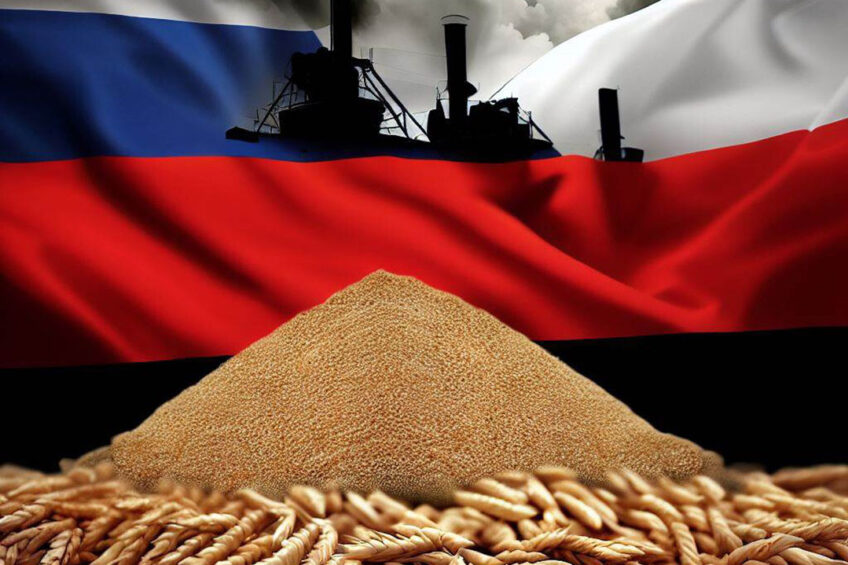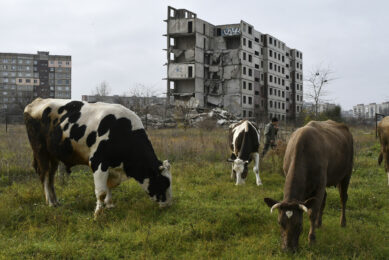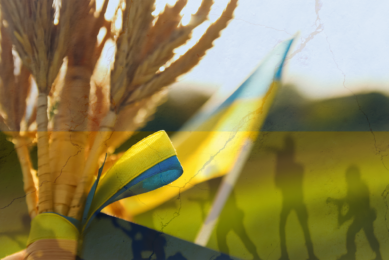Russia threatens to end Grain Deal in response to G7 trade embargo

If the G7 countries decide to ban the entire export to Russia, Moscow will resort to mirror measures and terminate the Grain Deal, Dmitry Medvedev, Deputy Chairman of the Security Council of Russia, wrote in his Telegram channel.
Bloomberg reported that the US has recently stepped forward with a proposal of a near-complete ban on export to Russia. Financial Times, citing its own source, disclosed that the EU and Japan have pushed back the idea, but it is still under discussion. The decision is likely to be taken at the upcoming G7 meeting in Hiroshima next month.
Lingering fears about the Black Sea initiative
Over the past few months, other Russian government officials expressed their growing dissatisfaction over the Ukrainian Grain Deal. Russian Foreign Minister Sergey Lavrov has recently warned that Russia could abandon the Black Sea Grain Initiative, claiming that the agreement was one-sided since Russian fertilisers had not been able to transit the same way Ukrainian grain had.
Lavrov demanded that Russian Agricultural Bank, or Rosselkhozbank, to return to the SWIFT banking system. Sanctions against Rosselkhozbank are believed to be one of the most painful for Russian agriculture since it used to clear most transactions between Russian farmers and their foreign customers and suppliers.
Embargo to hit Russian agriculture
The original US proposal reportedly envisaged allowing export to Russia only for a few categories of commodities, including food and agricultural products.
The G7 embargo is unlikely to inflict much pain on the Russian economy, Georgy Ostapkovich, director of a market research centre under the Russian Higher School of Economy, told local publication Agroinvestor.
Still, Russia is heavily dependent on imports of some Western inputs, for example seeds. Some of them come from France but in relatively small volumes. Russian agriculture could feel the sting of the sanctions only if the EU decided to join the G7 embargo, Ostapkovich said. For example, Russian farmers import seeds from the Netherlands, which is not a member of the G7.
In addition, Russia also imports nearly 90% of feed additives, some of which still come from Europe, though during last year, the country largely switched to imports from Asia.
Parallel import is an argument
On the other hand, he expressed confidence no sanctions can “prohibit the economy”, and Russian businesses will eventually find a way to source necessary inputs in third countries, including under a parallel import.
Ostapkovich, however, is positive that Russia would not pull out from the Grain Deal. He recalled that the last time Russia warned about ending the Grain Deal, Turkey suspended re-exporting Western goods under a parallel import scheme to Russia, which he said for Russia “is risky”.











